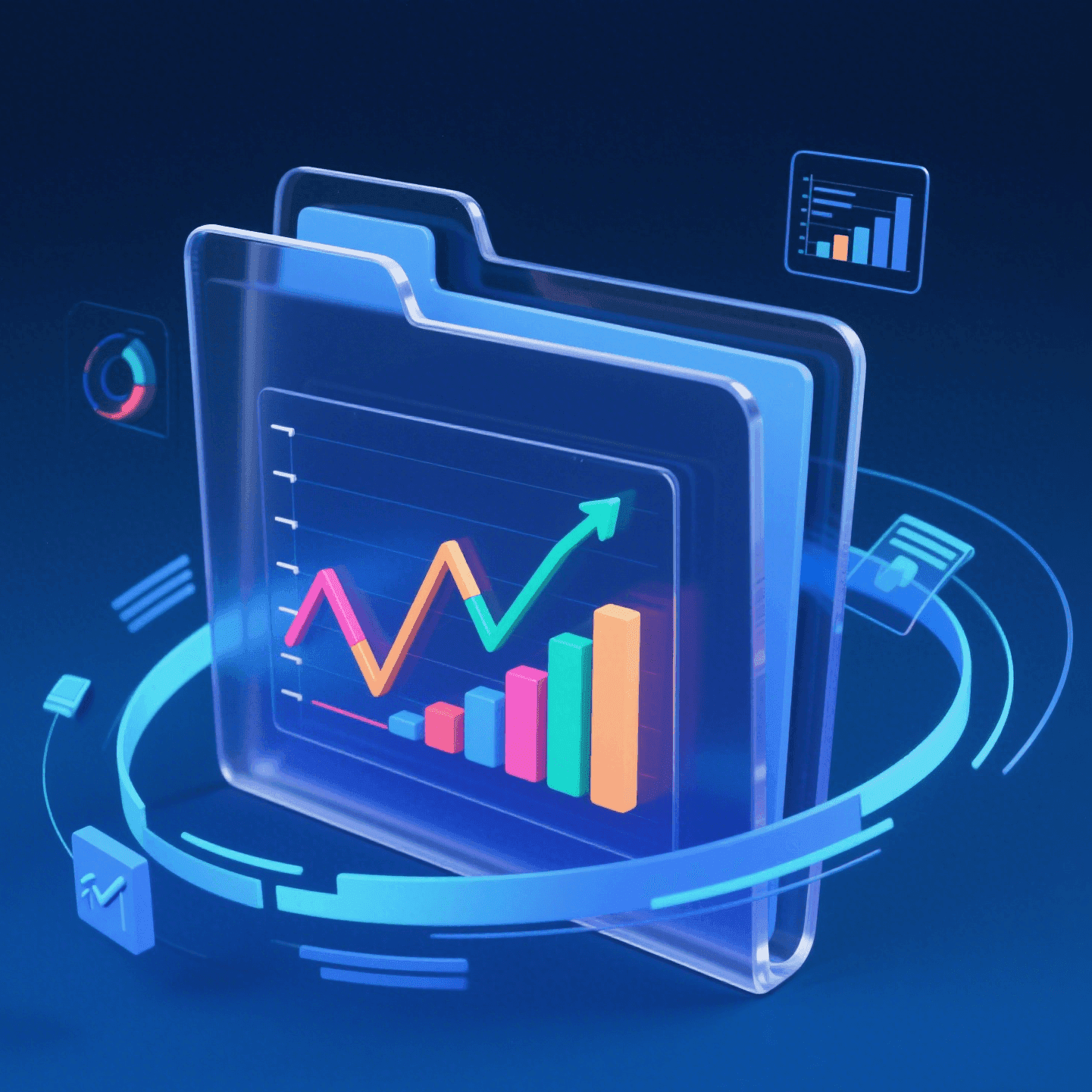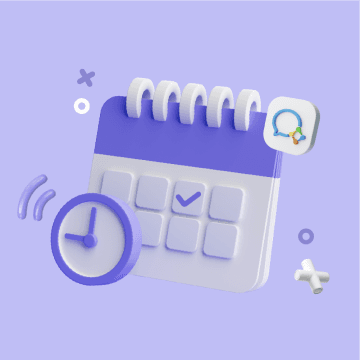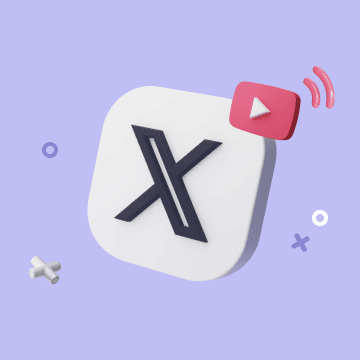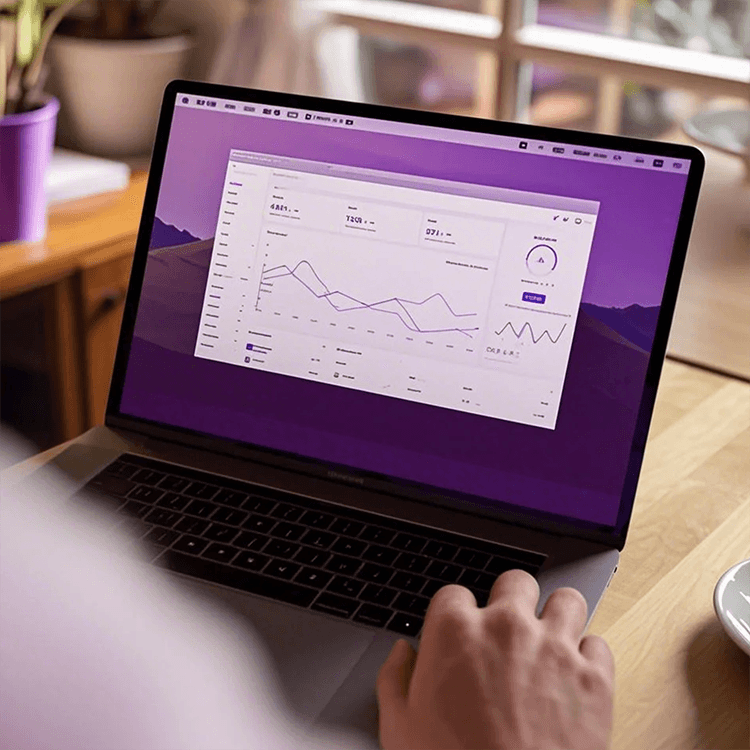AppSignal MCP Server
Integrates with AppSignal's monitoring platform to provide incident tracking, anomaly detection, performance monitoring, and log analysis with severity filtering and time-based queries for debugging production applications.
Skills
Explore the skills and capabilities of this skillset.
Configuration
Customize the skillset to fit your needs.
MCP Server
Connect to MCP Server
APPSIGNAL_API_KEY
AppSignal MCP Server
AI Programmer
Transform your ideas into ready-to-publish HTML pages with AI Programmer by Bika.ai. Create stylish, professional web pages instantly — no coding required.
X/Twitter Manager
An AI-powered Twitter Assistant that helps content creators draft viral tweets with auto-polish, generate tweet ideas, and schedule posts using one-click automation. Grow your engagement and effortlessly boost your Twitter follower growth.
Github Issues Creator
Automate your GitHub workflow with AI. The GitHub Issues Creator generates ready-to-use GitHub issue templates, streamlines issue tracking, and ensures every bug, task, and feature request follows a consistent, professional format — perfect for product managers and agile teams.
AI Writer
Tell me about the AI product or brand — I’ll draft engaging marketing copy, articles, and social media posts tailored to your brand voice and product details, complete with relevant links and illustrations.
Brand Designer
An AI-powered Brand Marketing Assistant specially designed for start-up digital products, helping you quickly generate promotional content, visual concepts, and catchy slogans for social media and product launch campaigns. Save time while creating professional marketing assets to boost your brand impact on Product Hunt, AppSumo, and other platforms.
Email Marketer
Automate lead generation, outbound email automation, and 3-day follow-up email sequences with Bika.ai. Create automated follow-up emails, email automation flows, and email reminders efficiently. Boost sales, BD, and marketing campaigns with AI-powered email automation, streamline lead research, and manage automated email outreach effortlessly.
Stock News Reporter
Track U.S. stock news in real time and get structured reports with key insights, market reactions, and sector summaries. Make informed investment decisions fast.
Requirements Document Writer
Create professional requirements documents instantly with AI. Generate complete requirements templates, project requirements, and user requirements with detailed acceptance criteria and product specifications. Perfect for product managers and project teams.
Office Docs Helper
Create professional business, internal, and HR documents with AI. Instantly generate announcements, reports, and forms to boost office productivity.
AppSignal MCP Server

Employee onboarding
Streamline your new employee onboarding process with this customizable template featuring onboarding automation, pre-onboarding checklists, onboarding tasks, and automated reminders. Optimize HR workflows, ensure seamless integration of new hires, and track progress efficiently from document signing to training completion, enhancing productivity and employee experience.

Trump Twitter Sentiment - Stock Market Impact Analysis
Integrated with Bika.ai and ToolSDK.ai, the system automatically captures 10 Trump-related tweets from the past 7 days (limited by the free version), uses AI to generate structured reports analyzing their short-term impact and long-term trends on U.S. stocks and related concept stocks, including risk alerts and investment recommendations. Supports scheduled daily execution and historical data archiving

Content Review
Efficient content review template with review automation, approval workflow, and real-time review status updates. Improve accuracy, speed up content approval, and reduce manual tasks.

Product Messaging Library
The Product Messaging Library Template centralizes your messaging guidelines, ensuring consistent messaging across marketing and technical content. Organize internal documentation, maintain content consistency, follow copywriting guidelines, and streamline your content team workflow with this easy-to-use messaging template and tone guide. Perfect for teams aiming for a unified brand voice and messaging best practices.

Lead Management Automation
Lead Management Automation streamlines your sales workflow by managing leads efficiently through a Lead Pool, Lead Submission Form, Automated Lead Assignment, Lead Recycling, and a real-time Lead Dashboard. Monitor lead status, prioritize follow-ups, and improve conversion rates with automated reminders and comprehensive lead reporting, ensuring your sales team works smarter and closes more deals.

LinkedIn Post Automation
Easily manage your LinkedIn marketing with the LinkedIn Post Automation template. Automatically schedule and publish LinkedIn posts, plan content efficiently with a LinkedIn content planner, and save time with AI-powered automated content posting. Perfect for social media managers, digital marketers, and businesses looking to boost engagement.

14-Day Automated Cold-Email Outreach Campaign
Launch a 14-day automated cold outreach campaign with this done-for-you email outreach template. Run a fully automated email sequence and drip email sequence for outbound email campaigns and outbound sales emails, complete with automated follow ups and lead nurturing emails. Use a clear email campaign workflow to manage automated email outreach, track engagement, and scale cold outreach to influencers, partners, and prospects—without manual follow-ups.

Store Services and Transactions
Manage your business smarter with the Store Services and Transactions template — featuring a full store dashboard, automated reporting, and intelligent analytics to boost store performance. Track transaction records, maintain a detailed member database, and receive weekly sales reports with custom product performance charts. Achieve store optimization through automated analytics and member tracking while enhancing decision-making with real-time store metrics.

Rotating Duty Reminder(Wecom)
Efficiently manage team shifts with the Rotating Duty Reminder (WeCom). Automate task reminders, daily notifications, and duty roster updates. Track team workflow, plan rotating schedules, organize shifts, and streamline personnel scheduling. Perfect for improving collaboration, team efficiency, and shift tracking with automated notifications and webhook alerts.
AppSignal MCP Server
Visual inspiration tracking with web clipper
Capture and organize creative inspiration with the Visual Inspiration Tracking with Web Clipper template. Store and categorize visual assets, logo collections, idea library entries, and web screenshots with easy tagging using asset tags. Perfect for designers, artists, and creative teams, this customizable tool lets you add fields, tag assets, and maintain organized asset records. Enhance your visual workflow and ensure every piece of inspiration is preserved and ready for your next project.

Scheduled message reminders for DingTalk groups
Automate daily reminders and group announcements in DingTalk with this message automation template. Easily set up an automation task to send messages using a notification bot, including text, link, Markdown, ActionCard, and FeedCard formats. Improve communication efficiency, reduce manual work, and ensure every team member receives timely and accurate updates. Perfect for teams that rely on scheduled notifications to stay aligned and productive.

B2B AI CRM
Boost your B2B sales with this AI-powered CRM template. Efficiently manage customer information, track sales, automate daily tasks, and generate weekly sales reports. Streamline workflows, improve sales team performance, and gain full visibility into your CRM operations. Perfect for enterprise sales teams looking to enhance productivity and close more deals.

Project planning
Create organized project reports and overviews with this Project Planning Dashboard Template. Track project progress, monitor performance, analyze efficiency, and manage team tasks—all in one structured project setup tool.

YouTube to Twitter Sharing
Learn how to share videos on Twitter effortlessly. Automatically post YouTube videos, embed them in tweets, and connect your channel for wider reach. Discover the easiest way to share YouTube videos, schedule posts, and boost engagement. Ideal for content creators, social media managers, and marketers who want to simplify video posting and cross-platform promotion.

YouTube Publishing Process Automation
Streamline your YouTube workflow with our AI-powered YouTube automation tool. Automatically upload videos with YouTube auto upload bot, schedule posts at the best time and day, and store URLs for easy sharing — perfect for creators and social media managers using AI tools for YouTube automation.

Remote Internal Communications Planning
Plan, organize, and execute internal events and digital content with this Remote Internal Communications Planning Template. Track content progress, manage communications objectives, streamline digital workflows, and enable stakeholder collaboration. Perfect for HR, executives, and remote teams to align projects, review content, and ensure timely delivery of internal communications.

Send Emails in Bulk (Tag Triggered)
Easily manage your recipient list and email records with a tag-triggered email automation system. Set up workflows in minutes to send personalized event emails or product updates automatically. Enjoy an easy setup process, clear tracking of open and reply rates, and precise control over every send—all powered by Bika.ai.

Course Scheduling
Scheduling classes can be complex, involving multiple worksheets and timetables. This Course Scheduling template centralizes all courses, rooms, and classes into one intuitive system, enabling efficient course management, room management, and schedule optimization. Easily manage class timetables, link courses to rooms, utilize the course dashboard, and optimize resource allocation for educational institutions or training programs, saving time and improving efficiency.